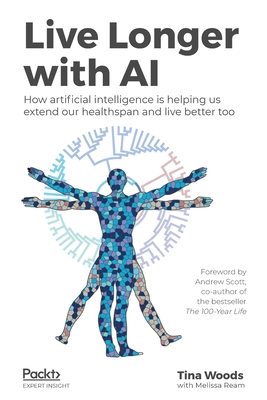A series of propositions and encounters in service to an aesthetic and poetic experience of living life led by death. Part studious, part visceral,
Dying Livingly is a collection of short essays and lyrical prose written in the first few years of the author's holistic death care practice. With a focus on the material cultures and sociality of end-of-life spaces, the writing reaches toward a future of compassionate, community-centered death care.
Death has been outsourced, medicalized, and commodified for over a century. Existing at a threshold of innovation and transformation today, death is not a plight to master or transcend but a reality of insistent change requiring our humble surrender. Working in tandem with the possibilities and limits of medicine, the holistic death care movement aims to support people and their communities in death literacy and phobia. It stewards both ancient and new practices in death care and centers social, political, and ecological imperatives for how we die.
If death is an amplification of living, the attention here is on bearing witness to life in and around the dying. Living a death-oriented life is not simply for those and their loved ones navigating a terminal diagnosis and finite amount of time to live; it is for all of us. Death awareness leads to a valuing of life, which is urgently needed for justice, healing, and our livability.
With fervor and deep reverence, this collection demonstrates that what is needed above all is a presence--simple but challenging--that refuses to look away as life slips from our grip. In this light, the writing details lessons in what it means to be prepared for death but also impossibly ready, an ambivalent leap into the unknown. Death is a horizon that inspires us to live fully, with the vulnerability necessary in giving and receiving care.
一系列命題和遭遇,服務於由死亡引導的美學和詩意的生活體驗。
《活著的死亡》部分是學術性的,部分是感性的,是作者在其整體死亡護理實踐的最初幾年中所寫的短篇隨筆和抒情散文集。這本書專注於臨終空間的物質文化和社會性,寫作旨在朝向一個以同情心和社區為中心的死亡護理未來。
死亡在過去一個世紀中已被外包、醫療化和商品化。當今,死亡處於創新和轉型的邊緣,它不是一種需要掌控或超越的困境,而是一種持續變化的現實,要求我們謙卑地接受。整體死亡護理運動旨在與醫學的可能性和限制並行,支持人們及其社區在死亡素養和恐懼方面的發展。它管理著古老和新的死亡護理實踐,並以社會、政治和生態的必要性為中心,探討我們如何面對死亡。
如果死亡是生活的放大,那麼這裡的重點是見證生與死之間的生活。過著以死亡為導向的生活不僅僅是為了那些及其摯愛的人在面對末期診斷和有限的生命時間時而存在;這是為了我們所有人。對死亡的認識促進了對生命的重視,這對於正義、療癒和我們的生存能力是迫切需要的。
這本集子以熱情和深切的敬意展示了最需要的就是一種存在——簡單但具有挑戰性——拒絕在生命從我們手中滑落時視而不見。在這個意義上,寫作詳細說明了為死亡做好準備的意義,但同時也意味著不可能的準備,這是一種對未知的矛盾跳躍。死亡是一個激勵我們充分生活的地平線,並在給予和接受護理時需要脆弱性。
Staci Bu Shea (b. Miami, 1988) is a curator, writer, and holistic death care worker based in Utrecht, the Netherlands. Broadly, Bu Shea focuses on aesthetic and poetic practices of social reproduction and care work, as well as its manifestations in interpersonal relationships and daily life, community organizing and institutional practice. Bu Shea was curator at Casco Art Institute: Working for the Commons (2017-2022). With Carmel Curtis, they co-curated Barbara Hammer: Evidentiary Bodies at Leslie Lohman Museum of Art (2017). Bu Shea holds an MA from the Center for Curatorial Studies, Bard College (2016).
斯塔西·布·謝(Staci Bu Shea,1988年生於邁阿密)是一位策展人、作家及全人關懷的死亡照護工作者,現居於荷蘭烏特勒支。布·謝的研究範疇廣泛,專注於社會再生產與照護工作的美學及詩意實踐,以及其在人際關係、日常生活、社區組織和機構實踐中的表現。布·謝曾擔任卡斯科藝術研究所(Casco Art Institute: Working for the Commons)的策展人(2017-2022)。與卡梅爾·柯提斯(Carmel Curtis)共同策劃了《芭芭拉·哈默:證據性身體》(Barbara Hammer: Evidentiary Bodies),該展覽於萊斯利·洛曼藝術博物館(Leslie Lohman Museum of Art)舉行(2017年)。布·謝擁有巴德學院(Bard College)策展研究中心的碩士學位(2016年)。










